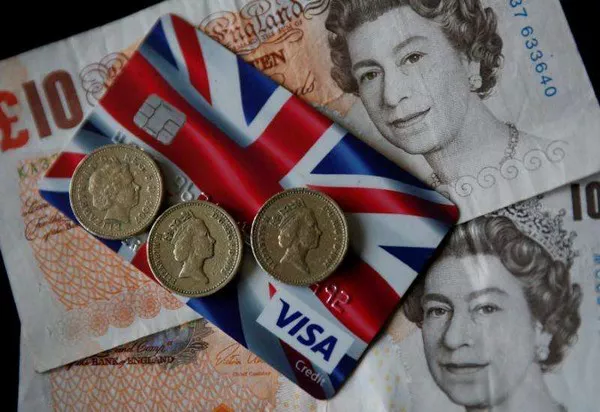If you’re an international traveler or conduct business globally, understanding currency exchange rates is essential. One currency that plays a significant role in global markets is the British pound sterling (GBP). In this article, we’ll explore the basics of GBP conversion, including its history, exchange rate fluctuations, and how to convert your currency to GBP.
History of the British Pound Sterling
The British pound has a long and rich history dating back to Anglo-Saxon times. The first recorded use of the term “pound” to describe a unit of currency dates back to around 775 AD. At the time, a pound of silver was divided into 240 pennies.
Over the centuries, the pound has evolved, but it remains one of the most widely used currencies in the world today. In 1971, the pound was decimalized, meaning that it was divided into 100 pence rather than 240.
Exchange Rate Fluctuations
Like all currencies, the value of the pound fluctuates on a daily basis due to various economic and political factors. Some factors that can influence the value of the pound include inflation rates, interest rates, political instability, and global economic conditions.
In recent years, the pound has experienced significant volatility due to events such as Brexit, which led to uncertainty in the UK economy and caused the pound to decline in value against other major currencies such as the US dollar and the euro.
Converting Currency to GBP
If you need to convert your currency to GBP, there are several options available to you. The most common way to convert currency is through a bank or foreign exchange provider. These providers typically offer competitive exchange rates and can handle large transactions quickly and efficiently.
Another option for converting currency to GBP is through online currency exchange platforms. These platforms enable you to exchange currency at any time of day, often with lower fees compared to traditional providers. However, it’s important to research the platform thoroughly to ensure that it is reputable and offers competitive rates.
If you’re planning on traveling to the UK, it’s a good idea to exchange currency before your trip to avoid having to deal with foreign exchange transactions when you arrive. Many banks and foreign exchange providers offer travel money services, which allow you to pre-order currency for delivery or pickup at a local branch.
Conclusion
In conclusion, understanding GBP conversion is essential for anyone who conducts business globally or travels internationally. The pound has a long history dating back centuries and remains one of the most widely used currencies in the world today. Exchange rate fluctuations can affect the value of the pound, and there are several options available for converting currency to GBP, including banks, foreign exchange providers, and online currency exchange platforms. By researching these options carefully, you can ensure that you get the best exchange rate possible and avoid unnecessary fees or complications.
Related topics:
- What is the GBP/USD exchange rate?
- What is the pound to euro exchange rate today?
- What is the British Pound to Australian Dollar exchange rate?


